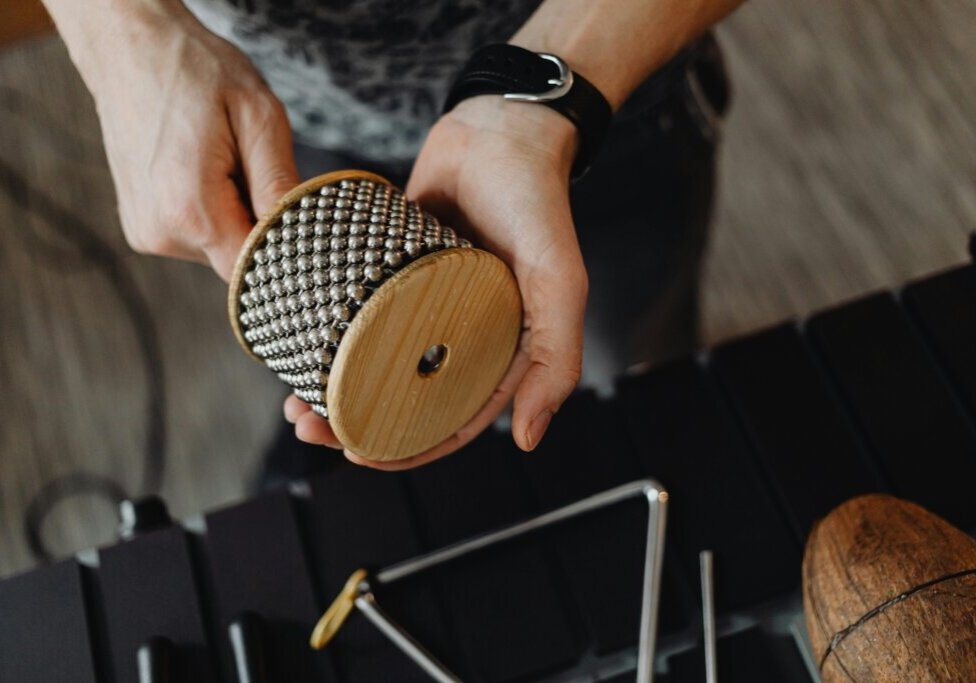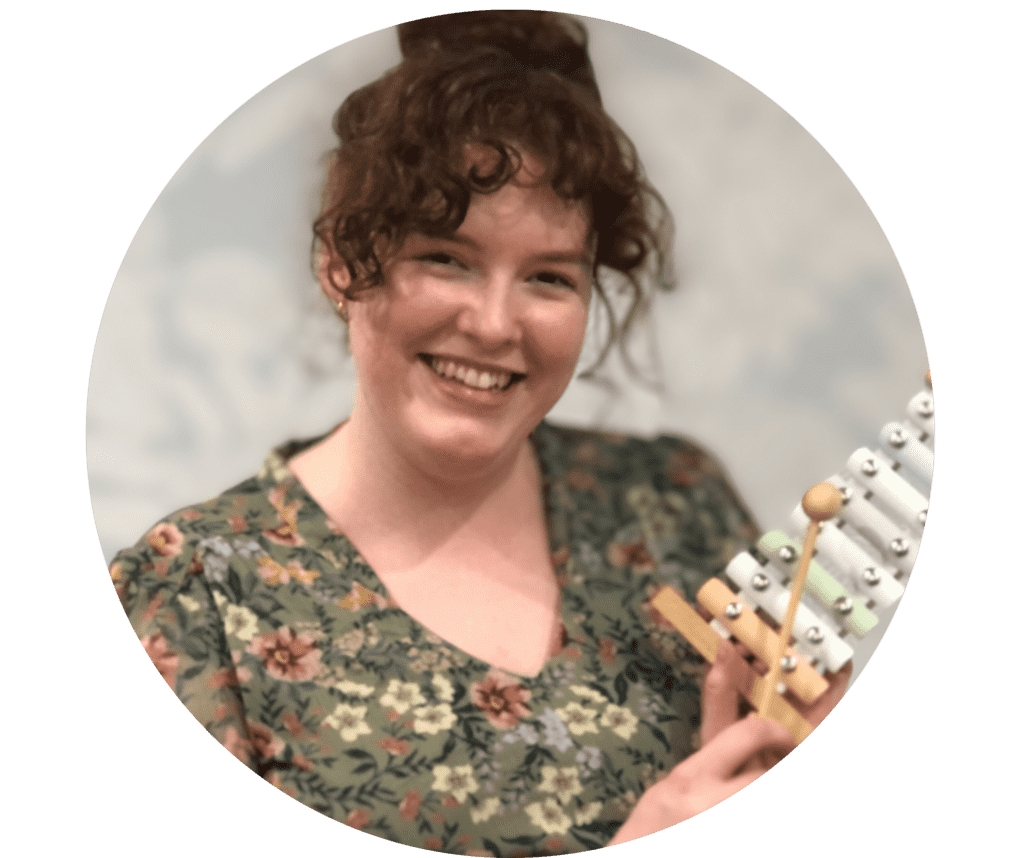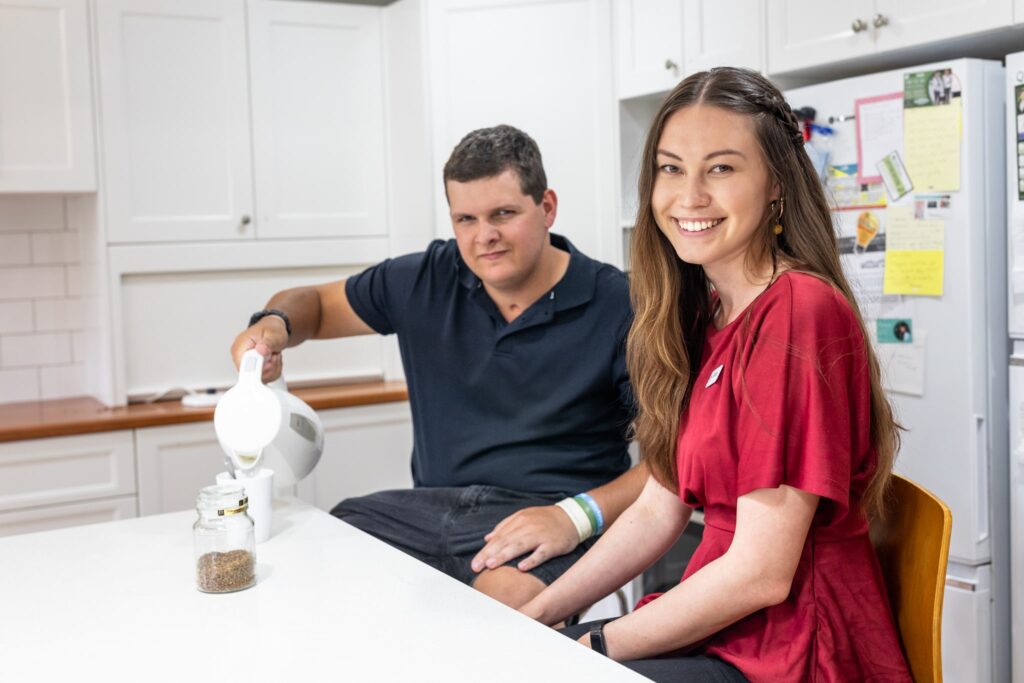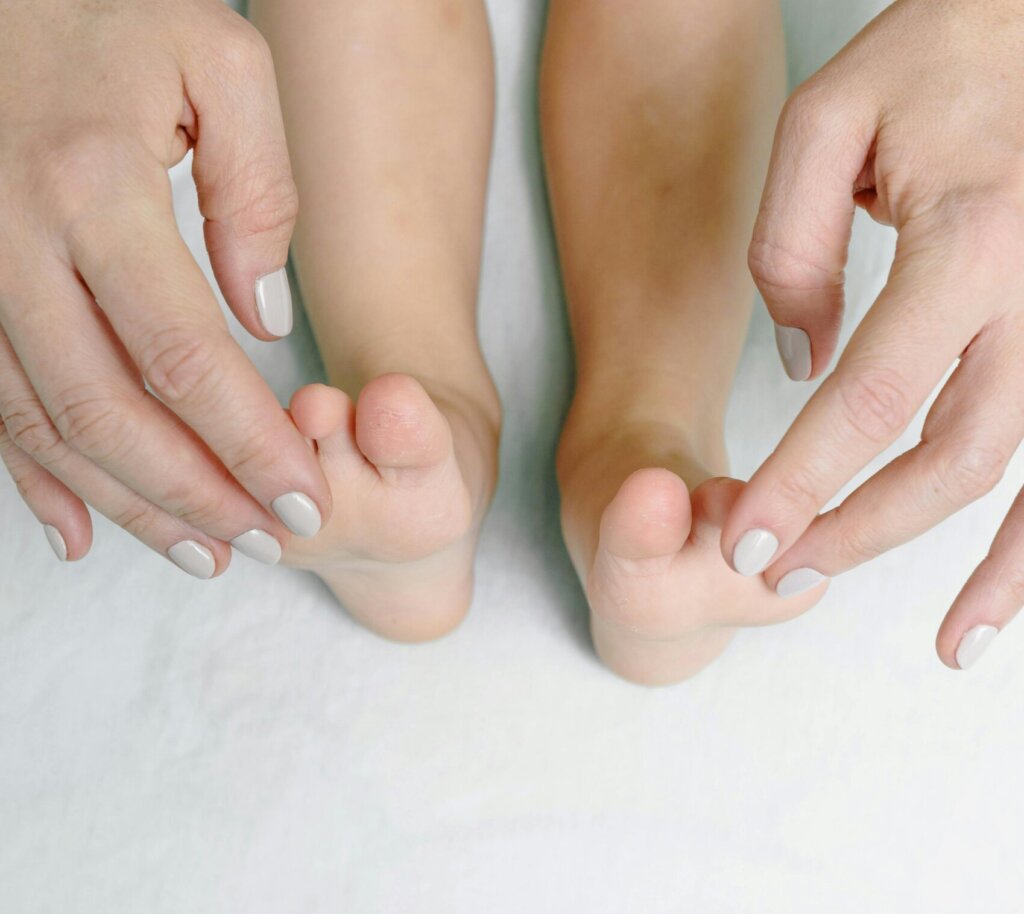Do You Know How Music Therapy Works?
Recent Posts

You may be researching right now and trying to figure out what kind of therapy is suitable for you. Perhaps you have tried psychology and decided it didn’t quite work for you and now you have discovered the concept of music therapy. Maybe you are just curious about how music therapy works?
Music therapy is more than laying back and listening to your favourite tune! It’s a clinically supported approach that can support mental health, skill development and overall well-being. My Therapy Crew offers music therapy on Brisbane’s Northside and Southside, to support people of all ages and abilities to improve their lives and achieve therapeutic goals. Call us on 07 3139 1202 if you want to find out more about our clinics.
You might wonder, what is music therapy used for? Music therapy is an evidence-based allied health profession that delivers life-changing support to people with disabilities and their carers in a safe and creative environment.
What is Music Therapy?
Music therapy uses structured musical activities and experiences facilitated by a Registered Music Therapist who is trained in how music interacts with the brain and body to support therapeutic outcomes. Sessions may include listening to music, singing, playing instruments, songwriting, moving or dancing to music, and more. These activities are all tailored to your needs, preferences, and personal goals. At My Therapy Crew, our music therapists in Brisbane design individualised sessions to ensure that each client feels comfortable and supported throughout their therapy.
Music therapy is a research-based practice that engages different areas of the brain, activating emotional and cognitive responses in a creative and motivating way. This enables individuals to express emotions, process difficult feelings, and develop coping strategies.
How Can Music Therapy Help Mental health?
Using music for mental health is not a new concept. Music has long been linked to emotional and psychological well-being. Scientific research confirms that engaging with music activates the brain’s reward system, releasing dopamine and creating a positive emotional response.
Music therapy is perfect for supporting a wide range of goals including social skills, emotional wellbeing and strengthening parent-child bonds. Music therapy is also used by My Therapy Crew as a valuable tool for addressing anxiety, depression, trauma, and physical discomfort.

What Are the Four Types of Music Therapy?
Music therapy is based on four foundational methods: receptive, recreative, composition and improvisation. All methods can be used to meet your individual needs. For the receptive method, you focus on listening, either to music your therapist creates or from a recording. This approach allows you to reflect on your thoughts and feelings, often discussing them afterward with your therapist.
In the recreative, improvisation and composition methods, you play a more hands-on role by singing, playing an instrument, or creating music alongside your therapist. These are the basic principles of music therapy, but your music therapist will discuss your goals, preferences, and interests, and plan your therapy accordingly.
Four Benefits of Music Therapy for Mental Health
Music therapy offers significant benefits for mental health and overall well-being. Here’s how it works to improve various aspects of mental health:
- Reduces Stress
Music has a calming effect on the body and mind, making it a powerful tool for managing stress and anxiety. Engaging with music in therapy helps regulate heart rate and breathing, creating a relaxation response that can ease physical tension. My Therapy Crew’s music therapists may use slow, calming rhythms or gentle vocal exercises to help you unwind and refocus. - Enhances Emotional Expression
For many people, expressing emotions verbally can be challenging. Music therapy provides a safe outlet to release and process emotions without speaking. Activities like improvisation with instruments, singing, or songwriting allow individuals to explore and communicate their feelings freely. This approach can be especially valuable if you have experienced trauma. - Improves Mood
Music therapy has been shown to increase mood and reduce symptoms of depression. By engaging in music activities, clients can experience joy, pleasure and connection. The physical act of singing or playing an instrument also releases dopamine, the “feel-good” chemical, enhancing the mood and creating a sense of accomplishment and enjoyment. - Boosts Physical Health
Music therapy supports both cognitive and physical health, offering benefits like improved motor skills, coordination, and memory. For example, rhythm exercises may enhance timing and precision, while learning to play a new instrument supports cognitive functions like memory recall and problem-solving.
Do I Need to Have Musical Talent to Participate in Music Therapy?
Anyone can benefit from music therapy and the good news is, you don’t need to have any musical experience or talent to participate! Through numerous techniques and approaches to sessions, My Therapy Crew’s music therapists can help you express emotions, manage stress, and enjoy a sense of happiness and freedom.
For more information on what happens during a music therapy session with My Therapy crew, call us on 07 3139 1202, email us at admin@mytherapycrew.com.au or fill out our form below:
Learn more about our music therapists.

Madison is one of the trusted music therapists at My Therapy Crew and operates from North Lakes in North Brisbane.
Maddie graduated from the University of Melbourne with a Master of Music Therapy. She is very passionate about music’s ability to support the health and wellbeing of people of all ages. As a music therapist, Maddie values person-centered and evidence-based practice, and enjoys supporting her clients in ways that align with their interests.
More about Maddie
Outside of My Therapy Crew, Maddie also works as a music teacher in early education and childcare services. In her spare time, Maddie enjoys exploring new places, spending time with loved ones and going to see live music.
Frequently Asked Questions
Yes, music therapy can benefit people of all ages—from young children to older adults. Each session is customised to suit the client’s age, preferences, and specific therapeutic needs.
The number of sessions required depends on individual goals and needs. Some people experience the benefits after a few sessions, while others may benefit from ongoing therapy.
In a music therapy session, you may listen to music, play instruments, sing, or even create your own music. The activities are designed to help you work toward specific therapeutic goals in ways that align with your strengths, interests and preferences.





